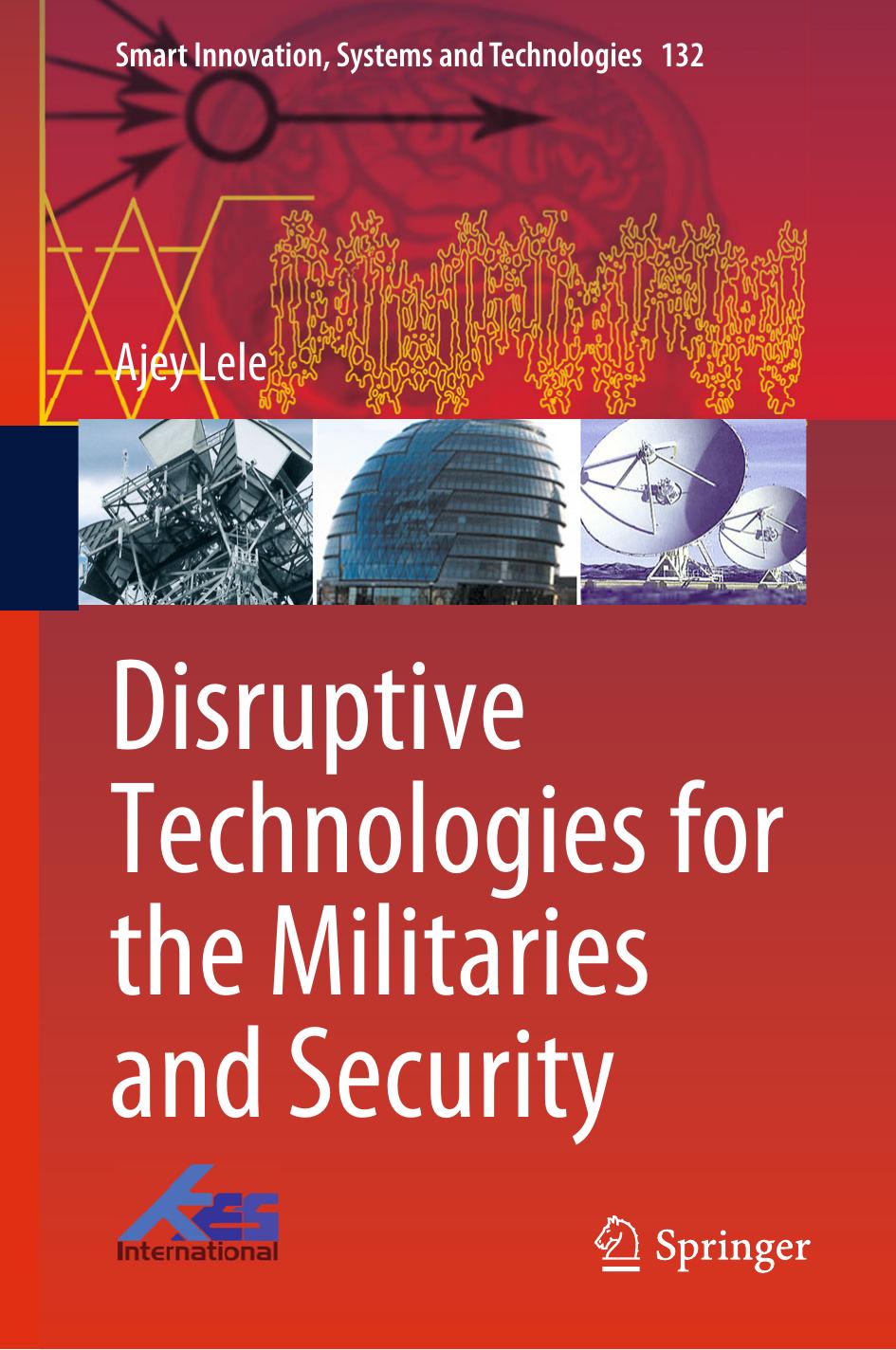Disruptive Technologies for the Militaries and Security by Ajey Lele

Author:Ajey Lele
Language: eng
Format: epub, pdf
ISBN: 9789811333842
Publisher: Springer Singapore
6.2 Relevance of Energy
On the other hand, it is important to appreciate that the issue of energy has different connotations for different actors. The notion of energy is no more restricted in the realm of social needs and economics. Today, the progress of the nation state could be said to be directly depending on the availability of energy resources. The issues related to various energy sources, patterns of consumption, geography of resources, availability, processes of energy generation and excavation, supply chain networks and routes, methods of delivery and changes in energy prices have major international ramifications. However, the uneven distribution of energy supplies and the politics associated with controlling of energy market has led to significant vulnerabilities too. States looking for access to cheap energy are understandable. Nevertheless, owing to the issues of geography of global natural energy sources, actually availability under the earth, capabilities in the realm technology of extraction and the mathematics of demand and supply, business of energy is no longer only a geoeconomic issue but more of a geostrategic issue. Appreciating all this, the issue of energy has been securitized. Hence, the modern-day context for energy is no longer about demand and supply but is more of energy security.
Owing to push for development, especially in developing countries, energy demand is growing rapidly. Fossil fuels, the most commonly used form of energy has severe limitations. They are known to cause significant environmental damage. The impacts on environment include local and regional pollution, and the threat of global climate change due to the emission of various greenhouse gases, particularly in the electric power generation systems. Also, oil and natural gas will not last till perpetuity. Coal supplies could be sufficient for few more decades, but, of all fossil fuels, coal releases the most carbon as a ratio to energy provided [2]. Hence, the various instruments in use for energy generation are less credible and there is a need to develop clean energy sources.
For the developed world, energy security is mostly about the availability of sufficient supplies at affordable prices. However, for different countries the interpretation of energy security does vary and on occasions based on the actual situation could fluctuate too. Energy-exporting countries focus on maintaining the “security of demand” for their exports, which after all generate the overwhelming share of their government revenues. For Russia, the aim is to reassert state control over “strategic resources” and gain primacy over the main pipelines and market channels through which it ships its hydrocarbons to international markets. The concern for developing countries is how changes in energy prices affect their balance of payments. For China and India, energy security at present lies in their ability to rapidly adjust to their new dependence on global markets, which represents a major shift away from their former commitments to self-sufficiency. For Japan, it means offsetting its stark scarcity of domestic resources through diversification, trade and investment. In Europe, the major debate centres on how to handle dependence on imported natural gas and in
Download
Disruptive Technologies for the Militaries and Security by Ajey Lele.pdf
This site does not store any files on its server. We only index and link to content provided by other sites. Please contact the content providers to delete copyright contents if any and email us, we'll remove relevant links or contents immediately.
Hit Refresh by Satya Nadella(8338)
The Compound Effect by Darren Hardy(7557)
Change Your Questions, Change Your Life by Marilee Adams(6641)
Nudge - Improving Decisions about Health, Wealth, and Happiness by Thaler Sunstein(6633)
The Black Swan by Nassim Nicholas Taleb(6190)
Daring Greatly by Brene Brown(5639)
Deep Work by Cal Newport(5463)
Principles: Life and Work by Ray Dalio(5321)
Rich Dad Poor Dad by Robert T. Kiyosaki(5147)
The Myth of the Strong Leader by Archie Brown(4789)
Man-made Catastrophes and Risk Information Concealment by Dmitry Chernov & Didier Sornette(4735)
Big Magic: Creative Living Beyond Fear by Elizabeth Gilbert(4723)
The Slight Edge by Jeff Olson(4722)
Discipline Equals Freedom by Jocko Willink(4634)
Digital Minimalism by Cal Newport;(4540)
The Motivation Myth by Jeff Haden(4524)
Stone's Rules by Roger Stone(4415)
Management Strategies for the Cloud Revolution: How Cloud Computing Is Transforming Business and Why You Can't Afford to Be Left Behind by Charles Babcock(4130)
The Doodle Revolution by Sunni Brown(4042)
